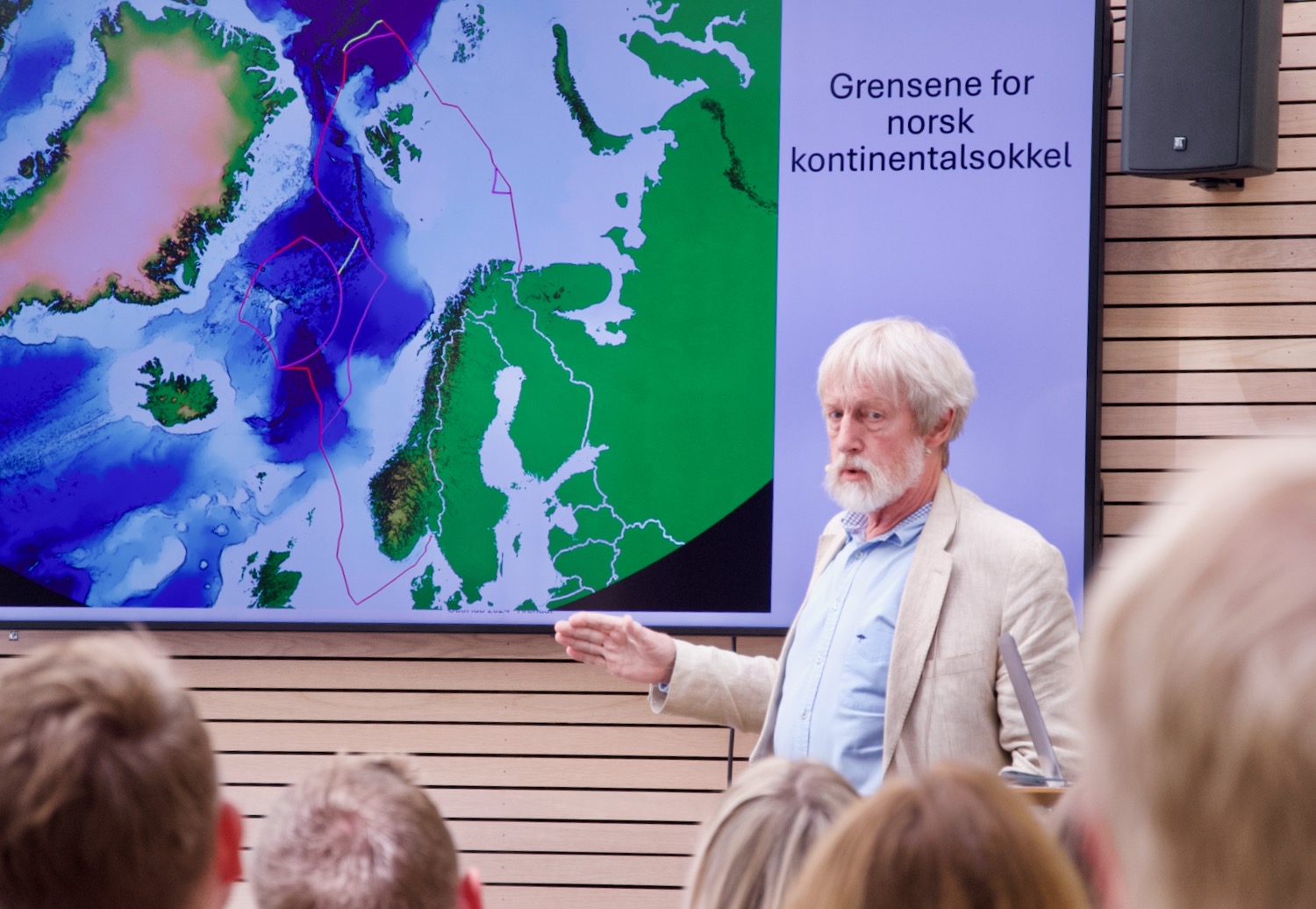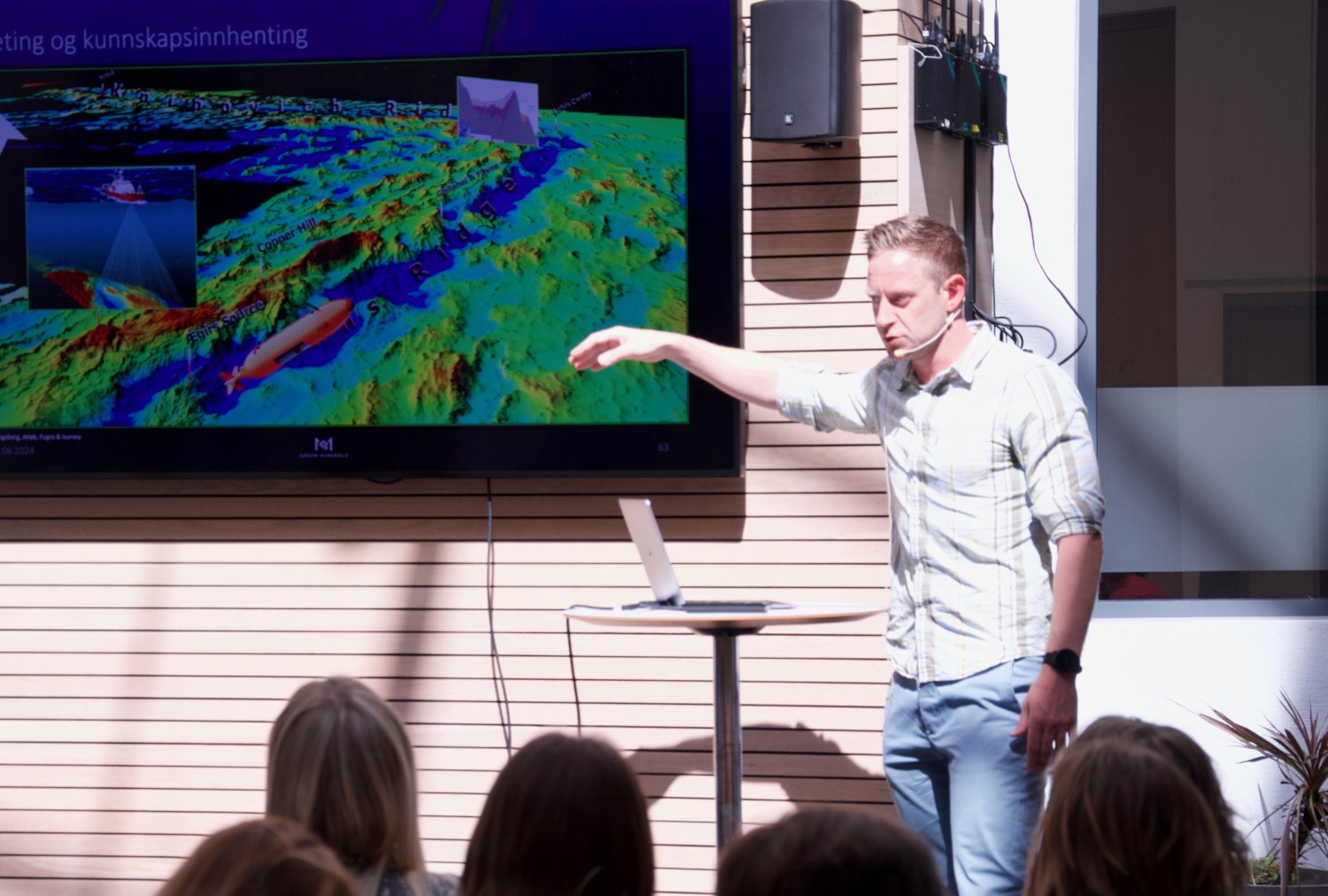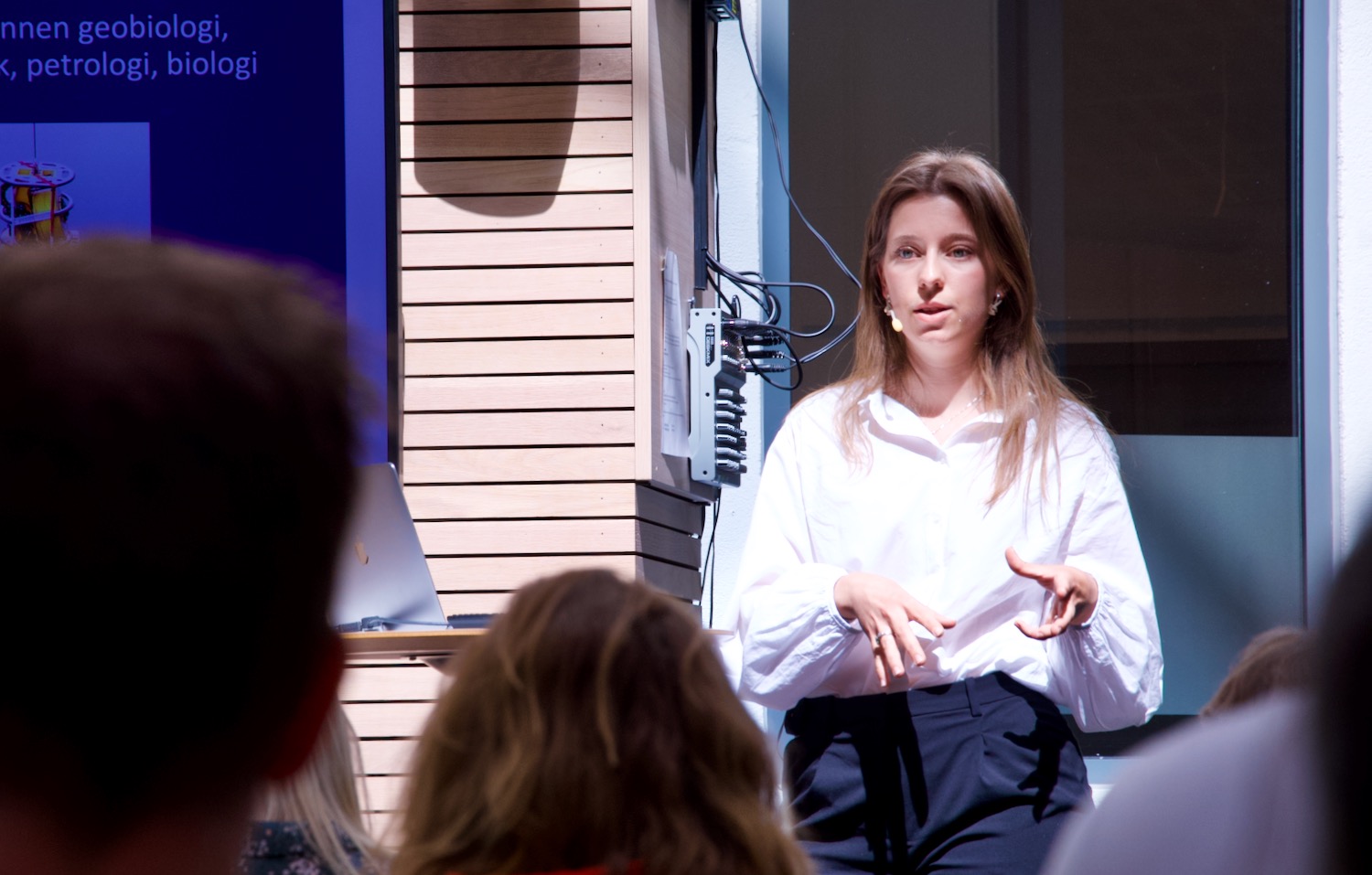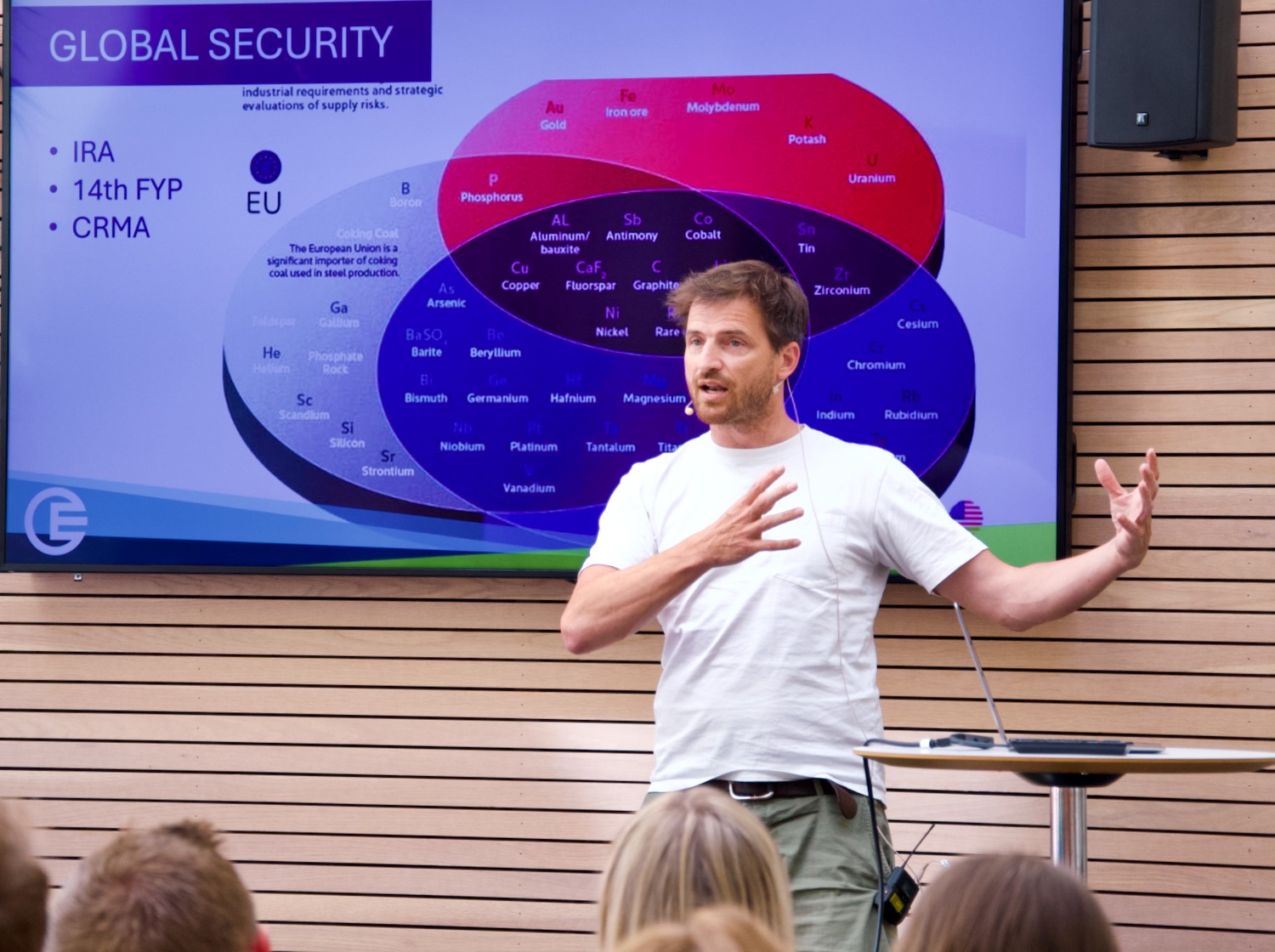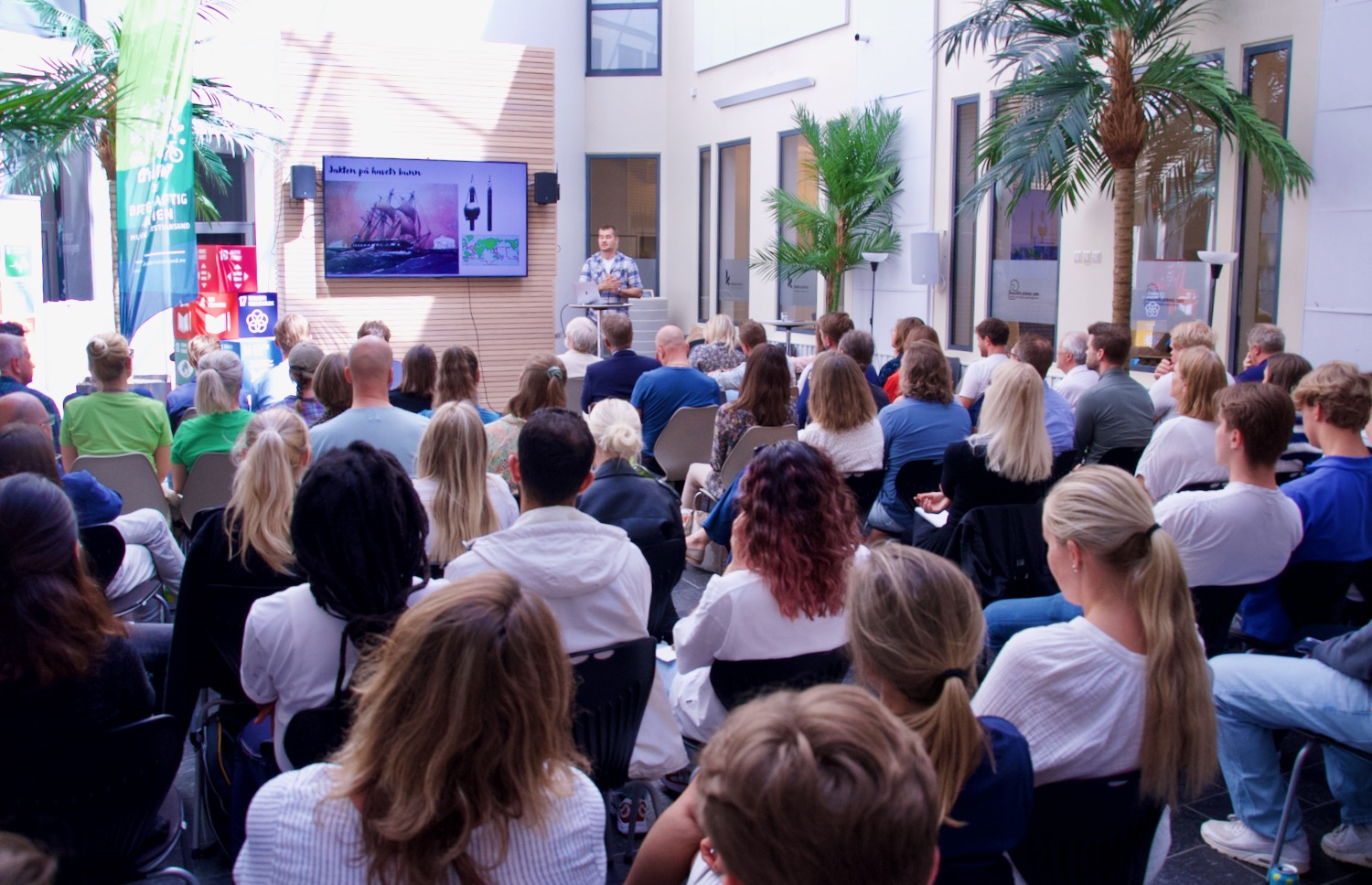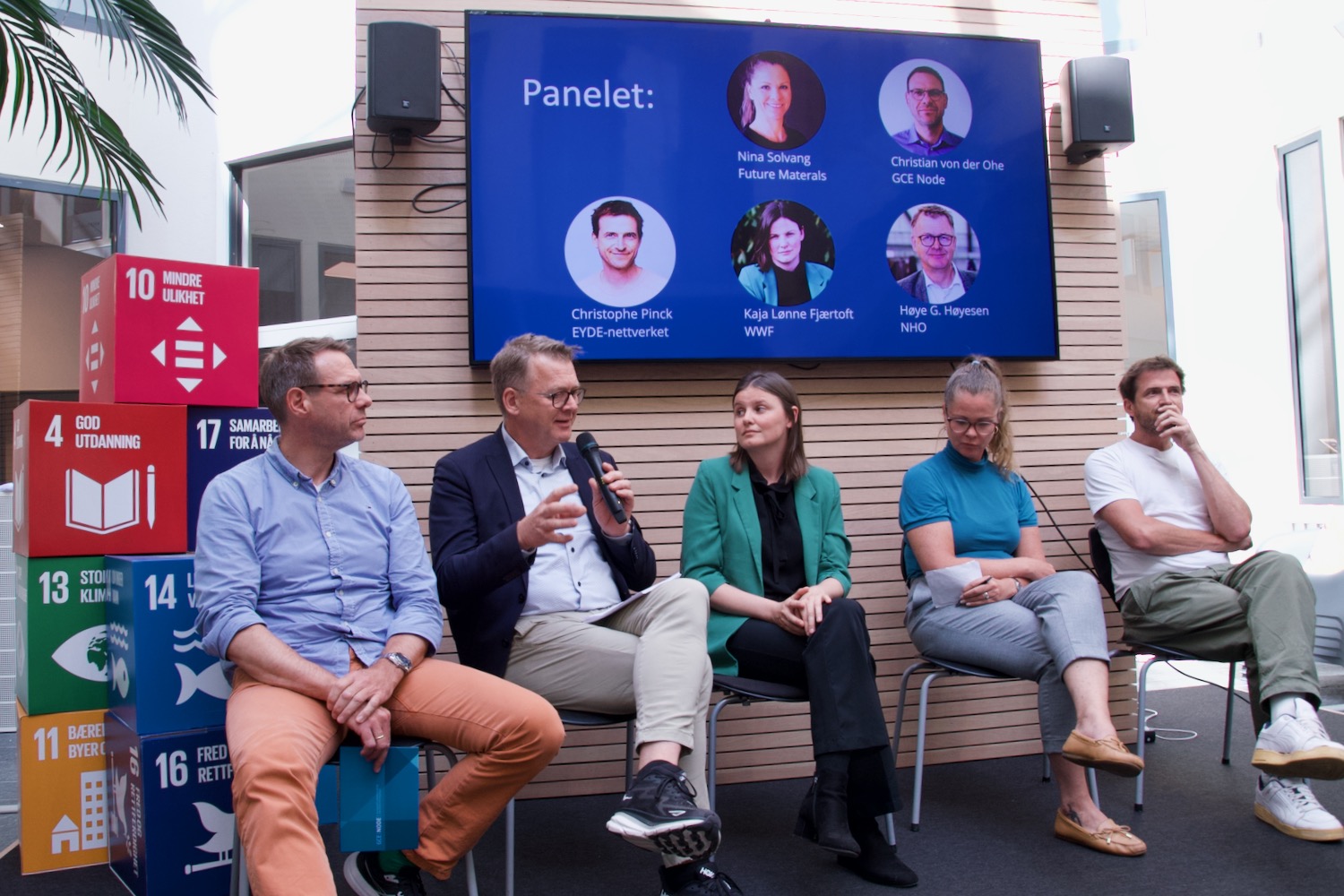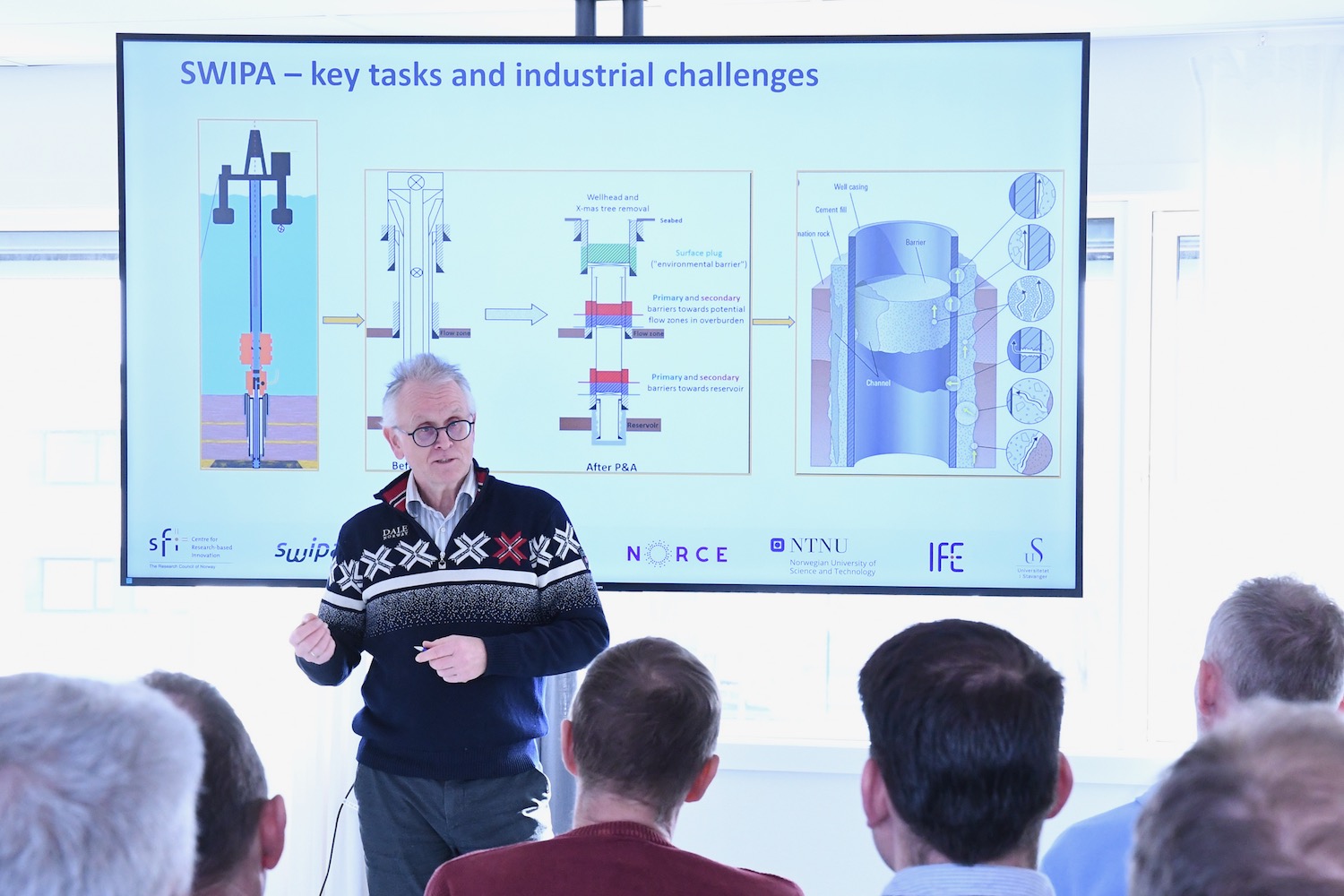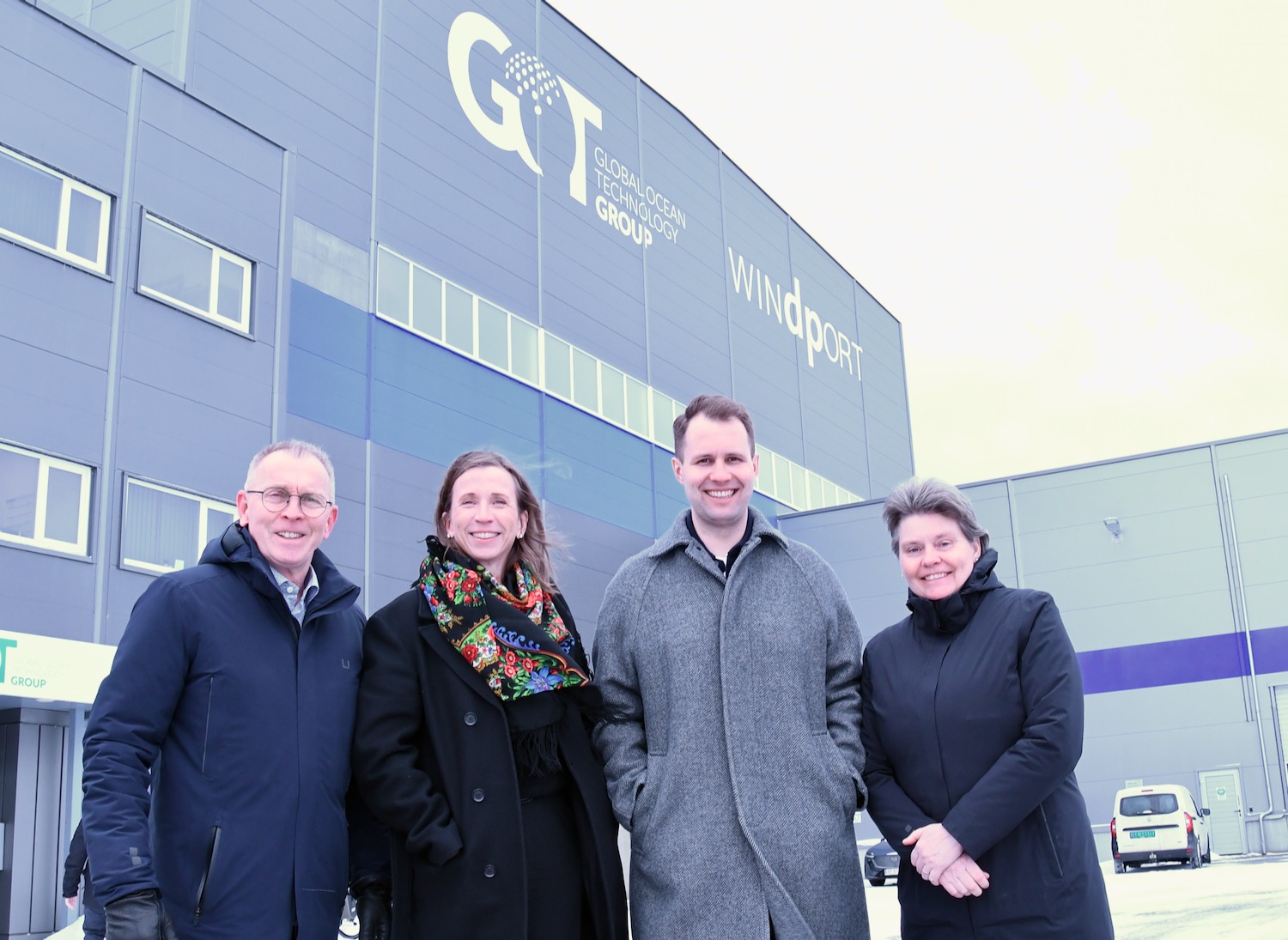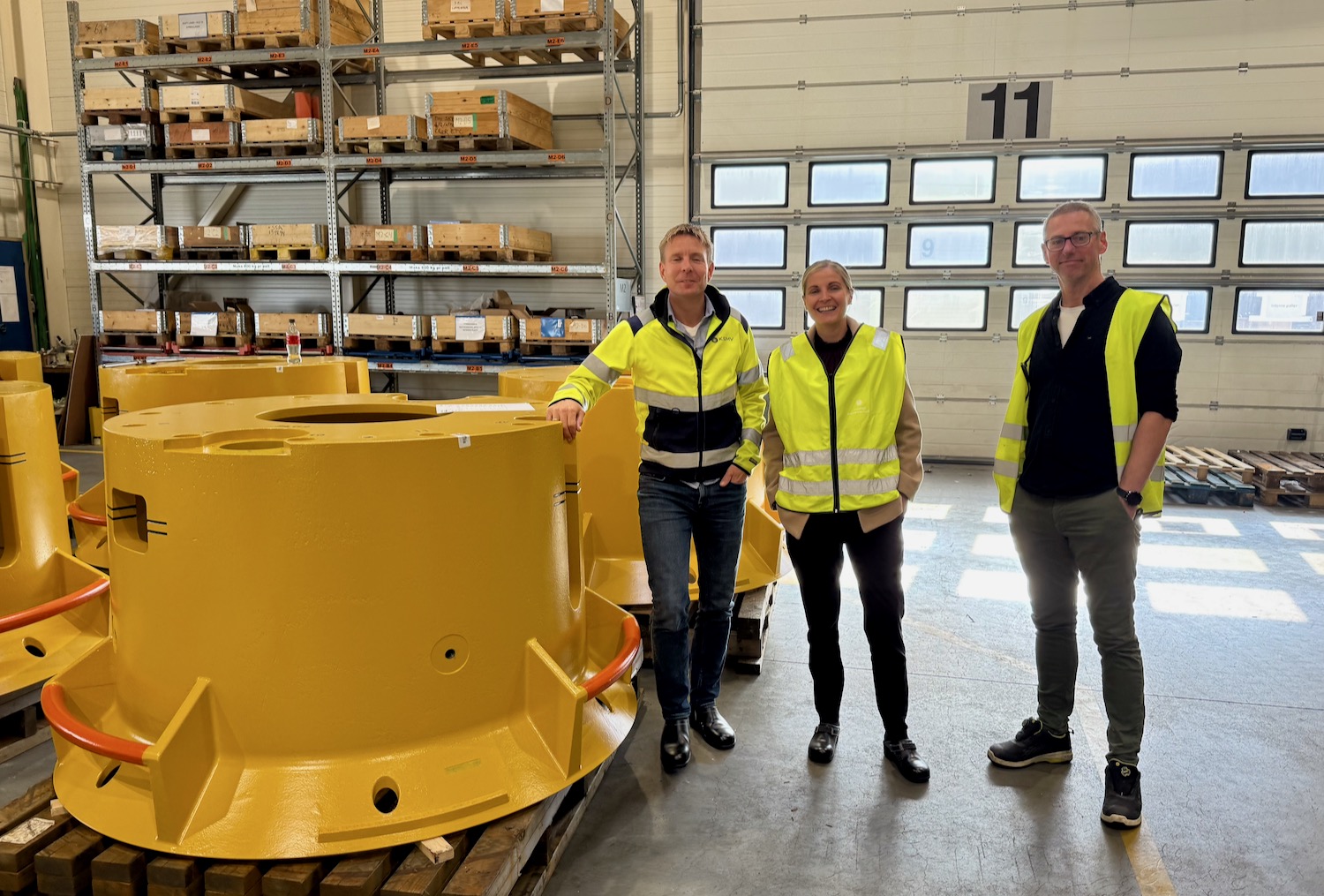On 9 January 2024, the Norwegian government decided to open parts of the Norwegian Continental Shelf for seabed mineral activities. Norway aims to be a global leader in a fact- and knowledge-based management of seabed mineral resources. Environmental considerations will be safeguarded throughout the value chain, and extraction will only be permitted if the industry can demonstrate sustainability and responsible practices.
“This presents great opportunities for our regional supplier industry. Technology and competence can easily be transferred from oil and gas to seabed mining. Drilling and subsea operations are what we do best,” said Christian von der Ohe, RD&I Manager at GCE NODE.
Norway is believed to have significant quantities of mineral resources in its seabed. If proven to be profitable and if extraction can be done sustainably, marine mineral activities could contribute to value creation and employment in Norway while ensuring the supply of crucial metals for the global energy transition. Extraction of minerals could become a new and important industry for Norway.
According to Rystad Energy, excavation of offshore minerals on the Norwegian Continental Shelf could create 21,000 jobs and a 20 billion dollars market for Norway in the next decades.
“The world is projected to demand four times more minerals in 2030. Today, Europe consumes one third of all the world’s minerals, but only produces 3-4 per cent. We need to do something about that,” said von der Ohe.
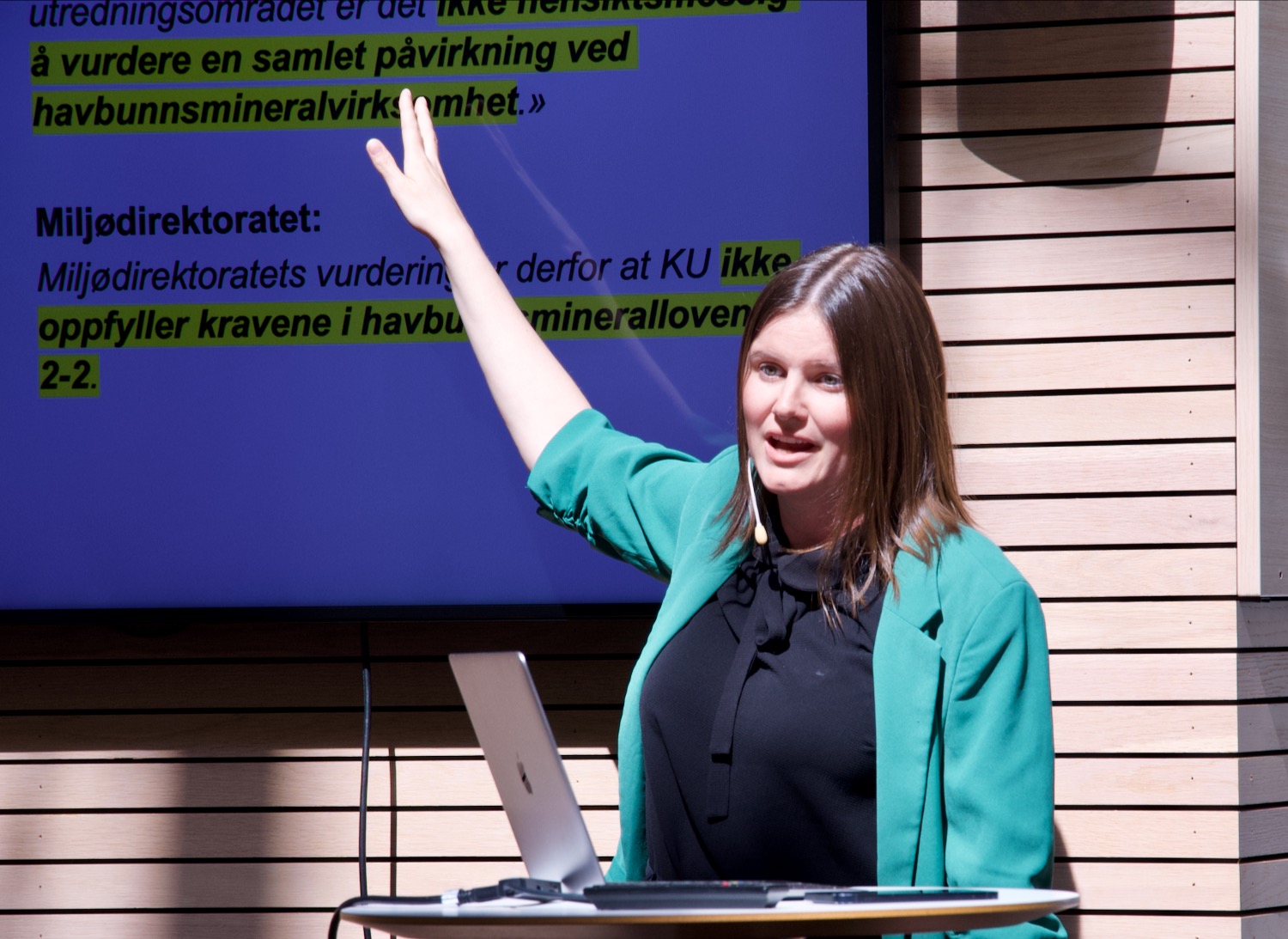
Norway’s position on marine minerals goes against the advice and standing of the European Union, several global industrial companies, and most of the environmental movement, as illustrated by World Wildlife Fund during the debate in Kristiansand.
“Lots of international companies have already decided not to purchase marine minerals. And 25 countries have signed a pledge not to use such minerals. We hope, someday, that Norway will be added to the same list of countries,” said Kaja Lønne Fjærtoft at World Wildlife Fund.
Minutes later, Chief Sustainability Officer Stina Torjesen at Morrow Batteries in Arendal, took the stage to declare Morrow’s position on marine minerals.
“We will not make use of such minerals in our production,” said Torjesen.
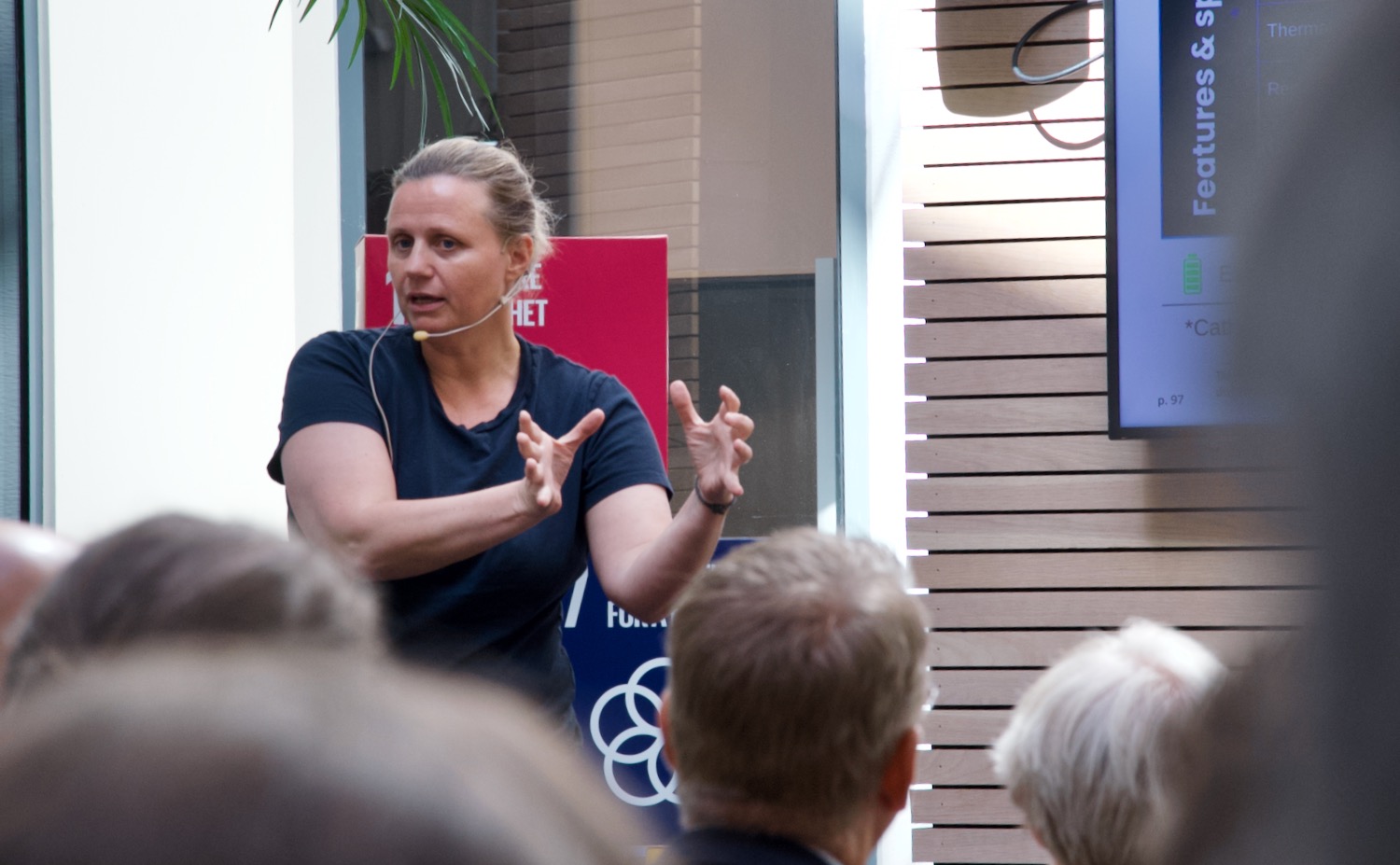
WWF has taken the Norwegian government to court, demanding a moratorium on deep seabed mining activities unless and until several demands are met.
The Norwegian government, however, states that we need more minerals to succeed in the green transition.
“Currently, the resources are controlled by a few countries, which makes us vulnerable. Seabed minerals can become a source of access to essential metals, and no other country is better positioned to take the lead in managing such resources sustainably and responsibly. Success will be crucial for the world’s long-term energy transition,” said Minister of Petroleum and Energy, Terje Aasland, when the government presented their marine minerals proposal.
